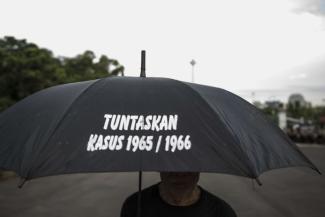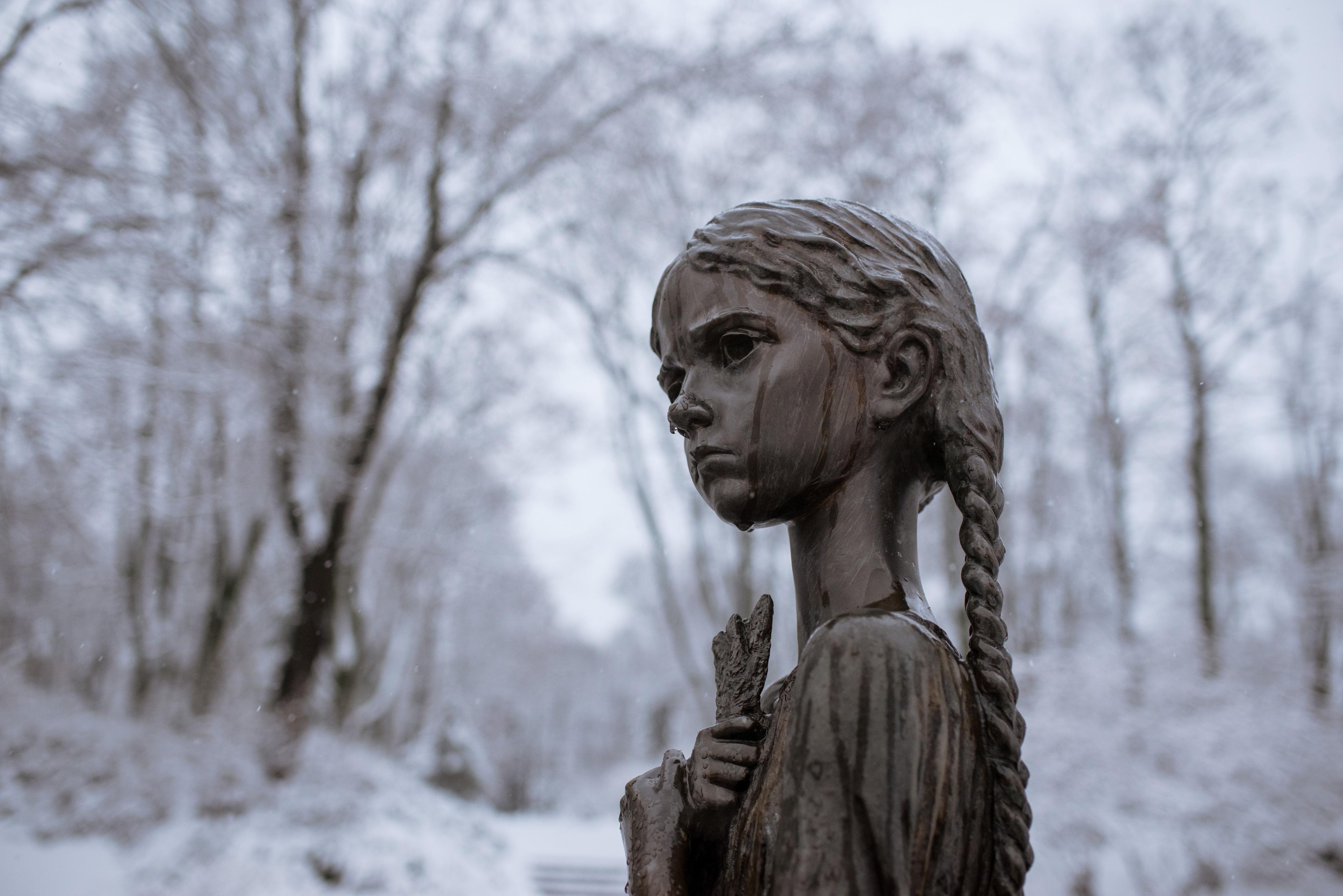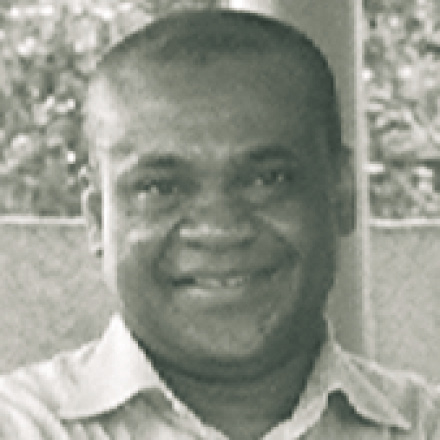Military coup
Rehabilitate the victims

The clampdown in 1965/66 probably claimed more than 1 million lives. This number is an estimate. There are no exact figures. General Suharto, the military dictator, made sure the violence was never properly investigated or researched. He stayed in power for three decades, spreading fear in a nation that had stood united against Dutch and Japanese imperialism. Being related to or associated with anyone considered a communist could mean incarceration, torture and death or the loss of one’s job.
Since 1965, two new generations have grown up in Indonesia. The country now enjoys freedom of speech, a free media and open internet access. However, the history of Suharto’s power has not been dealt with in public in a systematic and coherent manner. What happened is still not common knowledge, and aversion against anything that might be considered “leftist” remains strong.
In 1998, a popular uprising ended Suharto’s regime. Abdurrahman Wahid, who was elected president in 1999 and served for two years, actually apologised to victims in public, but his stance unfortunately remained exceptional.
Historical research became possible, however. Jakarta-based intellectuals formed the Yayasan Penelitian Korban Pembunuhan 1965/1966 (Investigation Foundation for Victims of the 1965/1966 Massacre). It ran into violent opposition when it sponsored the exhumation of corpses from mass graves in Central Java in 2000.
Bones of local people who had been buried in the Kaliworo forest after being killed as alleged communists were found. Local villagers watched the unearthing of several mass graves. The skeletons were brought to a hospital in Jogjakarta for further forensic investigation, which confirmed the crimes.
News of this systematic attempt to deal with the traumatic past spread like bushfire. Emotions ran high, and some political forces felt offended. A group of self-declared Muslim patriots attacked the multi-faith reburial of the bones that was planned on 24 March 2001. They beat people, broke urns and cast bones around. The reburial had to be cancelled. The event showed that whoever tackled past events was risking trouble.
That is still the case. From January 2015 to May 2016, government agencies and non-government agitators prevented at least 40 events at which civil-society activists had wanted to discuss 1965/66.
On the other hand, civil society has made inroads concerning the review of Indonesia’s darkest times. Mass graves have been documented across the country. Small community tribunals have created spaces for truth and reconciliation. The National Commission of Human Rights even prepared an investigation report in 2012, but its recommendations were put on ice.
To move matters ahead, Indonesian and international human rights organisations hosted what they called the International People’s Tribunal 1965 in The Hague. Its final report was published in July and found the Suharto regime guilty of gross human-rights violations. Its proposals include:
- The current government of Indonesia should acknowledge the atrocities.
- It should apologise to victims and rehabilitate them.
- Those responsible for crimes should be tried in a court of law.
Similar proposals had been considered by the National Commission of Human Rights.
A lot remains to be done. School history books must be revised, for example. So far, what people know, is based almost exclusively on the individual testimonies of victims and perpetrators, many of which have been documented in books and films. To help Indonesia come to terms with the past, such knowledge should be backed up with systematic historical analysis. So far, rumours and anecdotes support too many diverging interpretations of what really happened.
Government agencies should heed the recommendations of the International People’s Tribunal. Understanding what happened 50 years ago will make Indonesia a stronger and more responsible nation.
Edith Koesoemawiria is a freelance journalist.
hidayati@gmx.de













